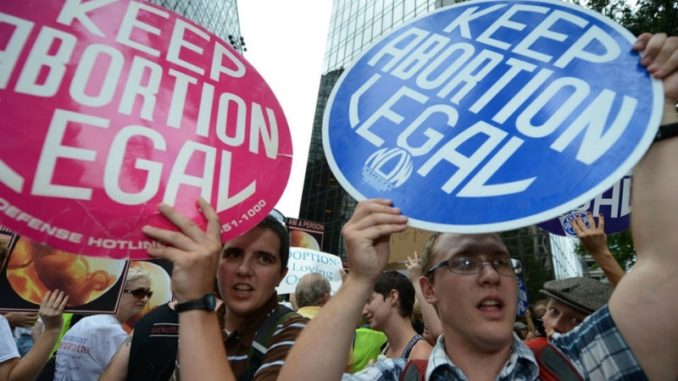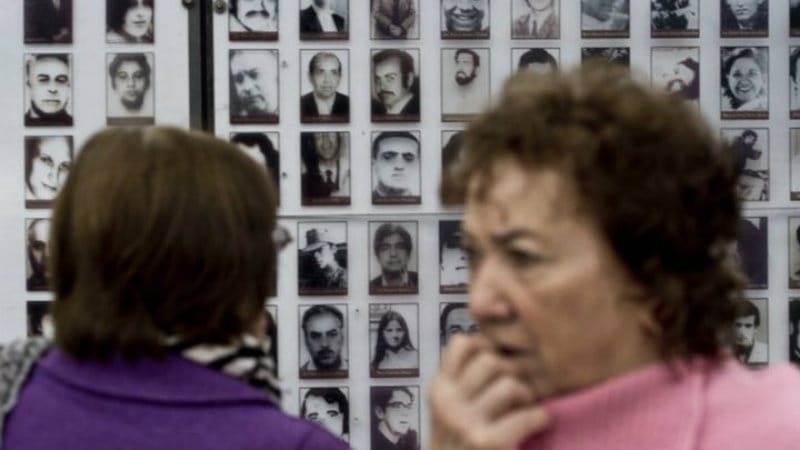
Maeve Allsup/The Santiago Times
With the presidential elections 2017 in Chile approaching, The Santiago Times takes a look at what´s at stake. Which topics dominate the campaigns of the candidates? What can we expect from our future president? Today: Abortion & Gay Marriage.
Although often considered to be one of Latin America’s more conservative countries, Chile has made great strides towards increasing many forms of equality across the population over the last 15 years. Both conservative and liberal political parties are making their voices heard across the country, as presidential candidates hit the campaign trail. In the lead up to November’s elections, several controversial topics have heated up the competition including abortion and same-sex marriage, and the apparent success of right wing candidate Sebastian Piñera could stand to reinforce the perception of a conservative Chile.
 In many regards, this conservative stereotype of the world’s longest country is based on reality, due in part to the persisting presence of the Roman Catholic Church, with which 58% of Chileans identify. According to the New York-based Center for Reproductive Rights, until this year Chile was one of only 4 countries with a blanket ban on abortion in all cases.
In many regards, this conservative stereotype of the world’s longest country is based on reality, due in part to the persisting presence of the Roman Catholic Church, with which 58% of Chileans identify. According to the New York-based Center for Reproductive Rights, until this year Chile was one of only 4 countries with a blanket ban on abortion in all cases.
However, many policies are becoming increasingly liberal. In 2015, the Chilean National Congress approved a bill that allows civil unions for same-sex couples, a key element of President Michelle Bachelet’s campaign. Despite opposition to the bill by the Catholic Church, a 2015 study from the Washington-based Pew Research center found that 46% of Chileans were in favor of gay marriage, a much higher percentage than those of its neighbors Peru (26%) and Bolivia (26%), but lower than that of nearby Argentina (52%).
His opinion was presented on a world stage in 2016, when Chile served as one of the primary presenters of a bill to the United Nations Human Rights Council, “protecting against violence and discrimination based on sexual orientation and gender identity.”
This liberalization has expanded in other areas of legislation as well. In July, the Senate ended the absolute ban on abortion by passing a bill that makes it legal in cases when a woman’s life is in danger, when a fetus is unviable or when a pregnancy is the result of rape.

Chile’s upcoming election is bringing many of these issues back into the limelight. Far-right presidential candidate Jose Antonio Kast has said he would repeal this recent change in abortion laws, and that he does not support legalizing gay marriage
His views are shared by conservative candidate Sebastian Pinera, who is predicted to win the election. Pinera has also said he is against same-sex marriage, and his National Renewal Party is one of the strongest opposition voices to the lifted abortion ban.
Across the aisle, Beatriz Sanchez, leftist candidate for Broad Front, has staunchly defended the de-criminalization of abortion, and is joined in this view by first-term Senator and candidate Alejandro Guillier.



